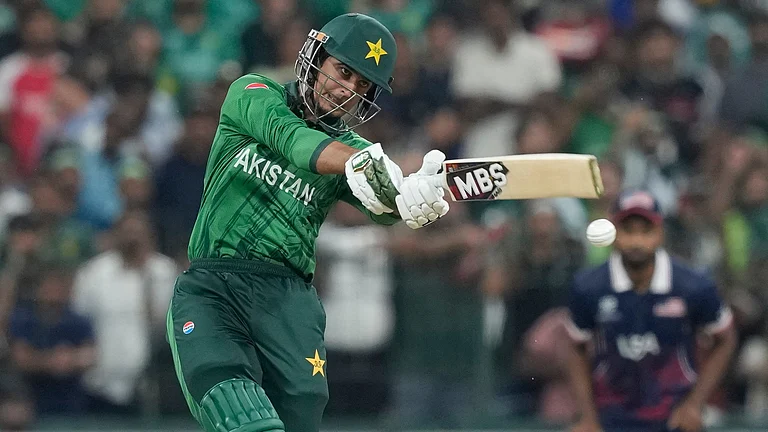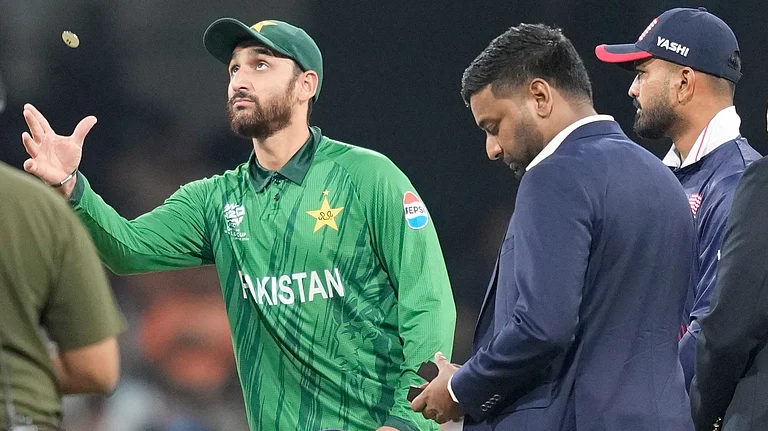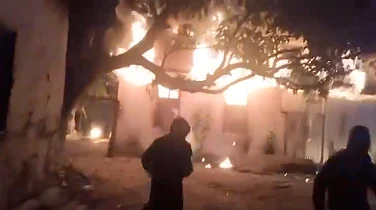Delhiites have been smoking smog for the last two days. So much so that the Indian Medical Association has declared a public emergency, and the schools were shut down till Sunday fearing health hazard.
So how bad is it for your health? On Tuesday, if you were outdoors without masks, it was as good as smoking at least 50 cigarettes in a single day.
Smog is a mixture of fog and smoke particles formed when humidity is high and the air so calm that the pollutants are trapped in the air that you breathe. The air quality worsened so much that the Air Quality Index (AQI) maxed out.

The most dangerous are fine carcinogenic pollutants smaller than 2.5 micro-metres that can enter the brain through blood. The levels reached 710 micrograms per cubic metre, more than 11 times the World Health Organisation’s safe limit.
Delhi, which is known from its notoriously bad air, took the first step to clean its acts 19 years ago by getting public transport vehicles to switch to cleaner Compressed Natural Gas after a group of activists moved Supreme Court asking for stern steps to control the city’s rising air pollution. But the initials gains were squandered by the rise in cars and bikes in the city.
Vehicular pollution is just one of the villains. For the most part of the year, Delhi’s air quality is muddied by road dust, open fires, industrial emissions and the burning of crop residues in neighbouring states. The main culprit is the smoke from stubble burning in the agrarian states of Haryana and Punjab. Over 3,000 cases of stubble-burning have been recorded in Patiala district alone so far by the PPCB through the remote-sensing technique.

Sacred over health hazards of smog, people rushed to buy masks to protect themselves, even as doctors remained apprehensive about their efficacy.
Asserting that there is not enough data on the efficacy of masks, AIIMS Director Dr Randeep Guleria said, "Masks are not very helpful as a lot of air can get inside from the sides. Also children and elderly find them very uncomfortable to use."
"Moreover, there is not much evidence about their efficacy," he said, adding the use of nasal filters or air purifiers can provide short-term relief only.

Masks are available in various designs and patterns. Low-priced masks include the ones meant for one-time use, while the high-priced ones are fitted with air filters.
A senior doctor at a private hospital said though surgical masks are the most common ones available in the market, they are not that effective and suggested that one should opt for masks with two valves or vents.
Also, one can use masks with sub-micron filters as they do not allow dust particles to reach the lungs, the doctor said.
The Supreme Court appointed environmental body EPCA came up with its bits to counter pollution. They suggested quadrupling parking charges and lowering metro fares to get more people to trade cars for public transport. But it would hardly have an effect in Delhi where people are used to illegally parking their vehicles on the road with little ramifications.

The environmental body had also suggested a fine of Rs 50,000 on road construction agencies violating dust control norms but till now there has not been any palpable difference in the way the work is being done. A large swathe of East Delhi has been covered in the dust for the last few months due to the widening of National Highway 24. Buildings are being razed, and new roads are being laid with little care to control dust.


























